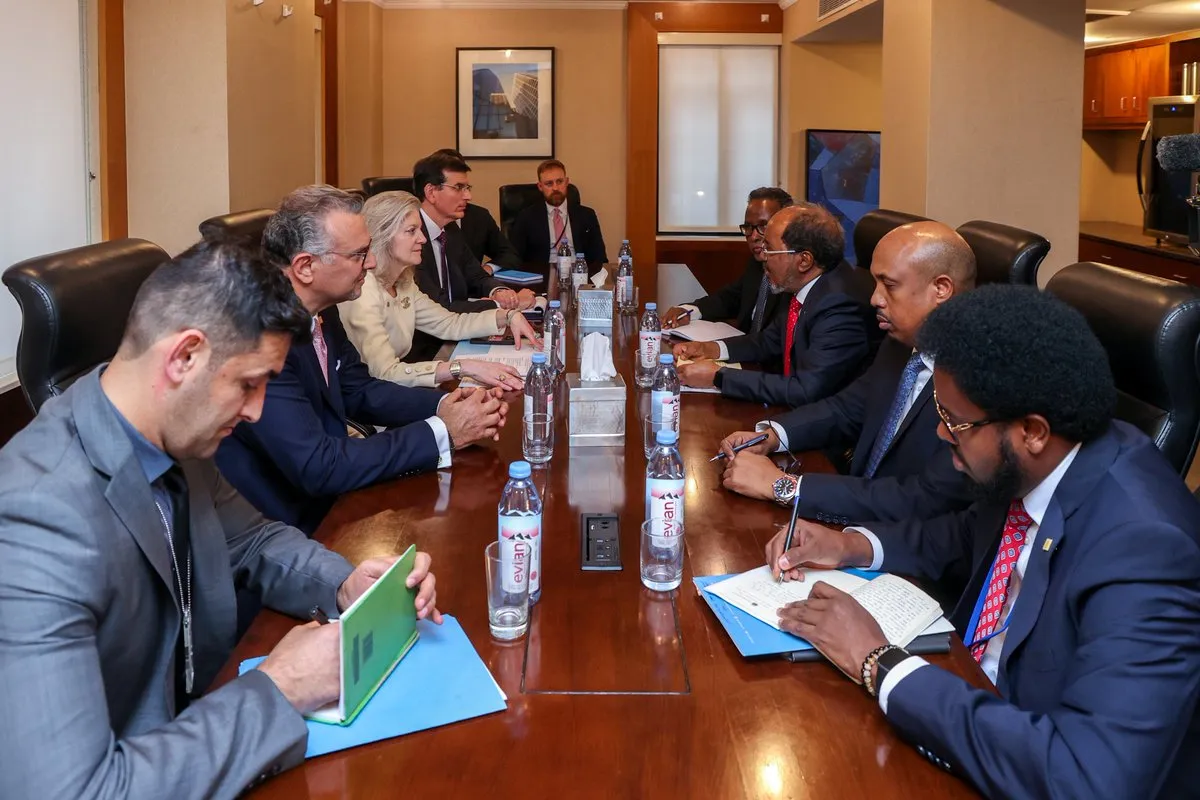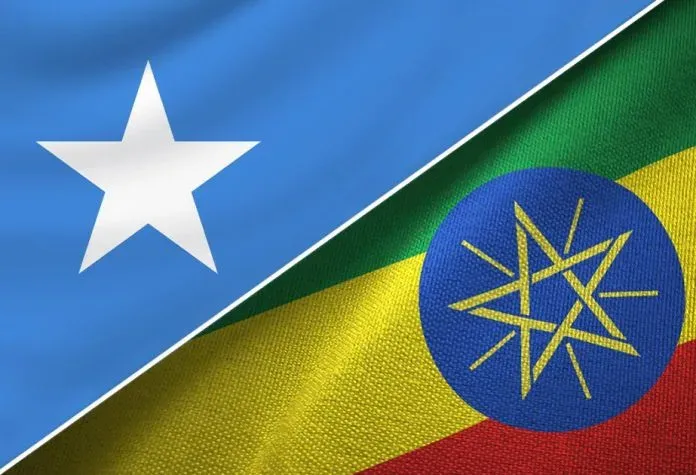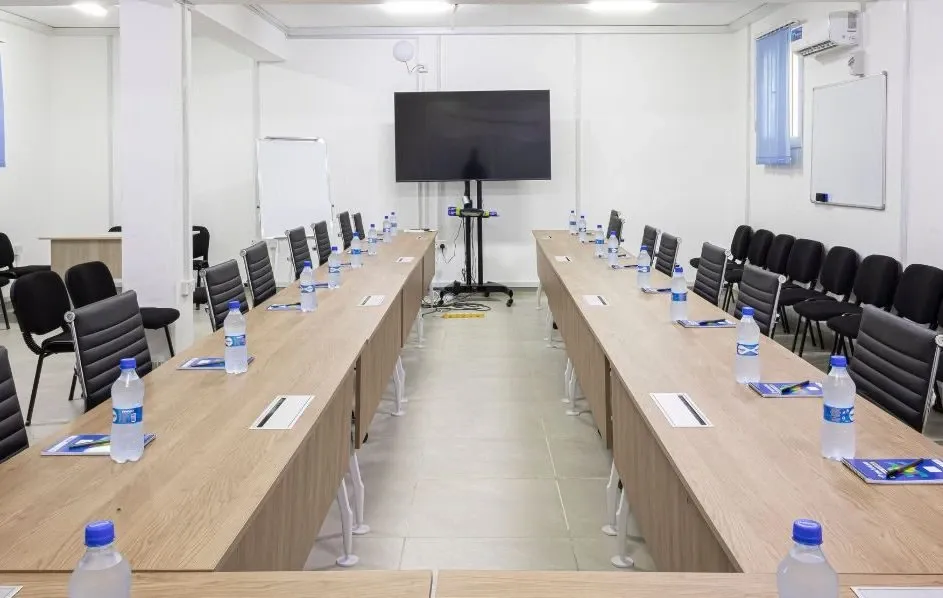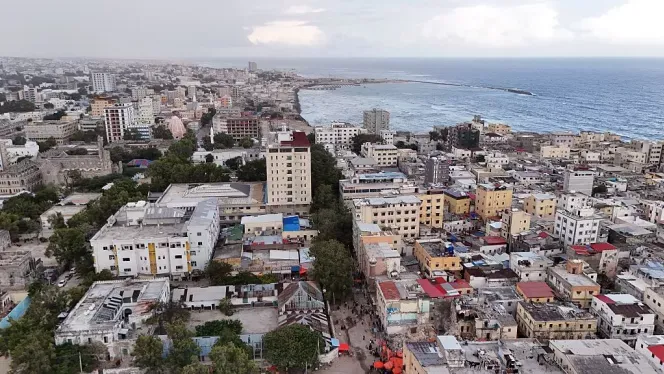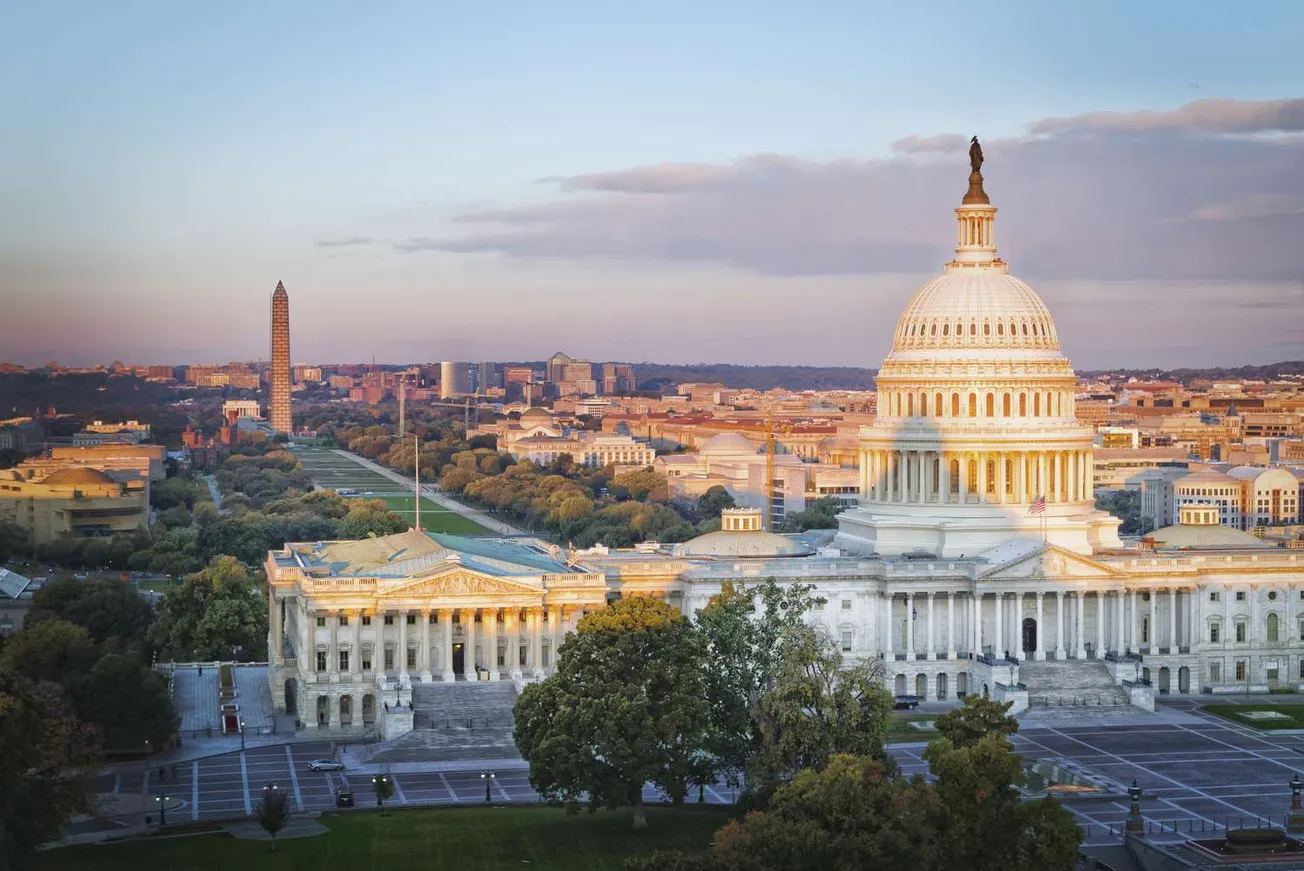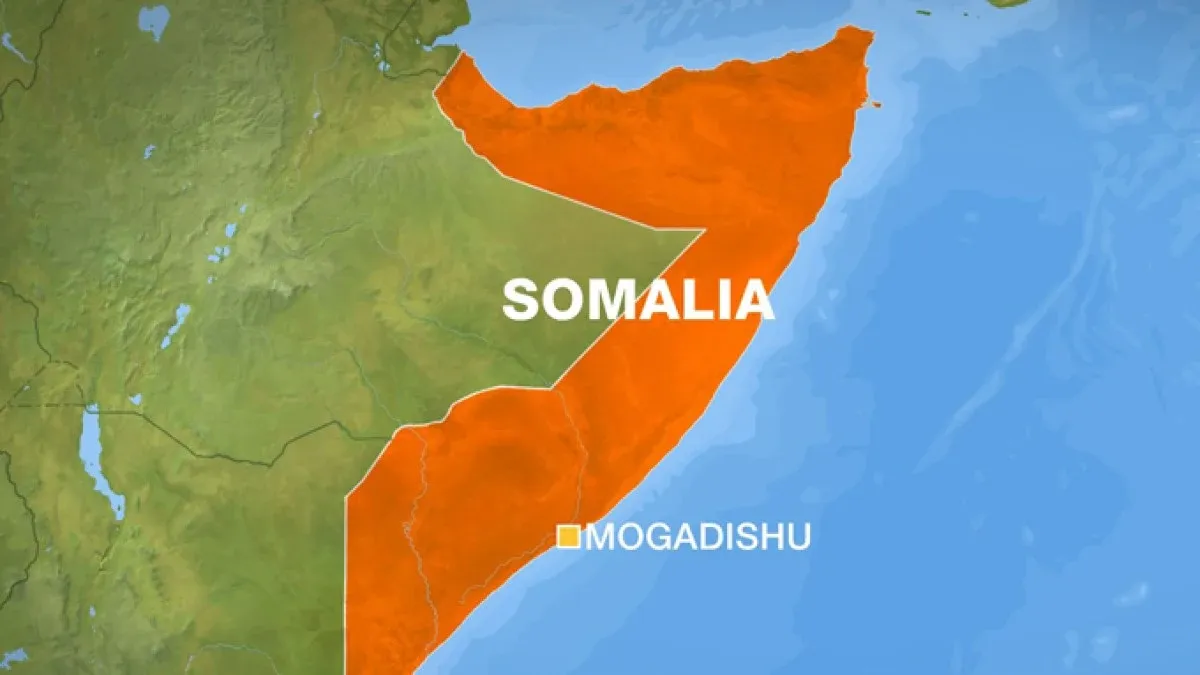Table of Contents
MOGADISHU — Political temperature in Somalia’s capital has boiled over. A recent attempt by opposition heavyweights to rally around a beaten victim of alleged police brutality ended in chaos: bullets ripping through the air, scuffles with security forces and renewed fears of state violence. The drama plays out against the backdrop of President Hassan Sheikh Mohamud’s absence as he attends the 80th UN General Assembly, an absence the opposition seems determined to exploit.
In Mogadishu, a beating by federal police has become a rallying point. Opposition politicians, including a former president, former prime ministers and parliamentarians, decided to visit the victim, reportedly held in a police station. Their stated purpose was to expose state cruelty and stir outrage. As the delegation approached the precinct, police opened fire, forcing the group to scramble for cover while pressing their confrontation. Only the opposition restraint saved the day.
The government later condemned the attempt, accusing the opposition of endangering civilians. The incident reflects a familiar pattern: opposition leaders provoke public confrontation, while security forces respond with force. By turning the victim into a public cause, the opposition hopes to recast the struggle for legitimacy. Each clash they wager, will highlight repression and paint the government as heavy-handed. Whether this succeeds depends on whether Somalis view them as reckless or principled.
President Mohamud’s presence in New York has given his rivals an opening. His absence reduces oversight of security operations in Mogadishu and allows opposition figures to set the narrative. At home, the optics of politicians fleeing gunfire while the president delivers speeches abroad are hard to ignore. In this vacuum, the opposition seeks to claim the mantle of defenders of the people, even as the city teeters on the edge of unrest.
On the global stage, President Mohamud is pressing Somalia’s case. He has pledged progress against al Shabaab, sought development partnerships and pushed for institutional reform. His schedule included bilateral meetings with American officials and other dignitaries, alongside efforts to pitch Somalia as a stabilizing force in the Horn of Africa. For a government eager to secure aid and recognition, such diplomacy is essential. Yet each burst of gunfire in Mogadishu threatens to undercut his message abroad. It was no coincidence the American officials President Mohamud met urged him to seek “political unity.”
The opposition’s tactics mix symbolism with danger. If the government overreacts, it risks reinforcing accusations of repression. If the confrontation fizzles, the opposition risks looking opportunistic. However, using security forces for political purposes, even during symbolic interventions by opposition leaders, is likely to be rejected by Somalis and risks deepening popular anger.
In a city where political grievances and armed groups overlap, a single spark can ignite broader disorder. Worse still, al Shabaab could exploit elite infighting. Any erosion of authority in the capital plays directly into insurgents’ hands. Disputes over electoral reform and constitutional changes have already left the political environment combustible. Opposition groups threaten lawsuits and international appeals, while government ministers accuse them of undermining stability. Neither side appears ready to retreat, but it is must to continue Somalia’s progress.
President Mohamud’s trip to New York is more than ceremonial. He is seeking financial and military support, deeper security cooperation with the United States and assurances from donors that Somalia is worth their investment. Yet headlines from Mogadishu may overshadow these efforts. It is difficult to convince outsiders of stability when rivals at home face live ammunition. The contrast between his speeches abroad and violence at home risks undermining his international credibility.
The opposition understands this dynamic. Their strategy is not only to provoke clashes but to portray President Mohamud as absent and aloof while his security forces lash out. By acting during his absence, they highlight the gap between his global ambitions and his domestic authority. The more instability flares, the less convincing his handshakes with diplomats appear.
In the end, the opposition has chosen confrontation as a means to build momentum. Their bet is that the government will stumble into overreaction and erode its legitimacy. For President Mohamud, the challenge is to appear strong abroad without losing credibility at home. His authority depends on both fronts: persuading foreign donors that Somalia is stable, and convincing Somalis that he is not an absentee ruler.


